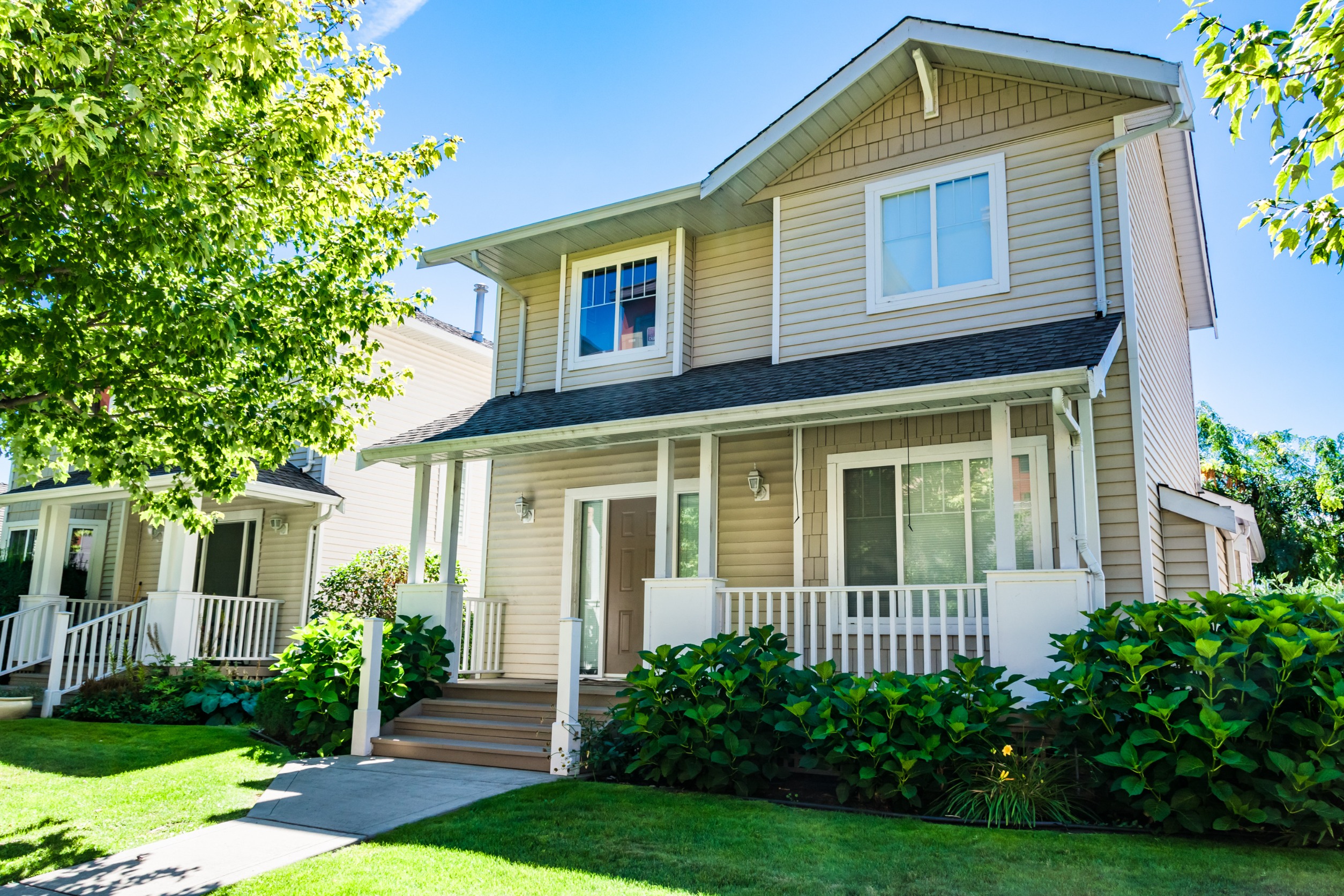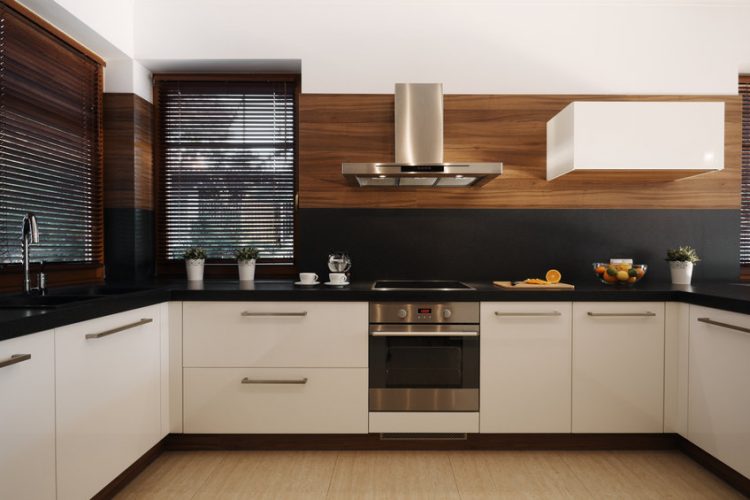Owning a new home is both a joy and a burden. Whether you’re a new homeowner, or just traded up for a nicer dwelling, it is good to know how to take care of your space in a way that is both prudent and proactive.
Let’s take a look at a few methods for saving money as a homeowner, in a way that keeps the home functional and reduces your longterm expenses:
Be Proactive About Repairs
It seems easy to just put something off until you’ve got a bit more money to throw at the problem. But the truth is, the cost of home repairs can increase drastically if left unaddressed. This is because they will inevitably continue to get worse.
A small pipe leak creates pressure that makes the hole larger, resulting in additional water loss. Meanwhile, the growing leak causes increasing damage to your walls and floors.
A minor roof leak or crack in your driveway will continue to grow- again due to water and weather-related pressures. Pretty soon you’ve got a hole in your roof, or a massive fissure that’s expanding toward your home’s foundation.
What may cost $800 today could cost $4-5,000 in only a few months, if you leave the progressive damage unchecked. Taking proactive measures as soon as you notice a problem will cost you upfront, but it can save you thousands in the longrun.
Talk with your bank, your mortgage company, and your insurance provider to learn about savings and subsidies that can help you absorb repair costs without ruining your budget. You never know what options are available to you unless you reach out and do some research.
Take Your Time With Projects
There are many who just love the challenge of taking on a fixer-upper with ambitious renovation goals. This is a fantastic endeavor for those who love getting their hands dirty, and truly want to make their home their own.
However, even those with a sizeable budget should practice some prudence when it comes to upgrades. It isn’t uncommon for such projects to exceed the projected budget, due to unforeseen costs and complications. For this reason, we recommend you take some time to prioritize before you begin.
List your home improvement projects according to what is most functional, and what is most liveable. For instance, remodeling your kitchen may improve your home life more than updating the guest bathroom. But which one will affect your daily life the most, in the short-term, while everything is a mess?
Perhaps you can update the bathroom now, giving you time to plan how you’ll manage an unusable kitchen for several weeks. On one hand, this decision process is completely personal. But on the other hand, there are some functional (and financial) considerations that should play into one’s personal decisions.
On the other hand, maybe you want to work from least to most expensive, so you can continue saving for a larger project. Repainting the guest room may feel far more surmountable than remodeling the utility room. The point is, you’ll serve yourself best by taking a moment to prioritize your projects however you see fit, rather than tackling several things at once.
Learn How Much Energy Your Home Uses
Did you know you can get records of past energy usage from your utility providers? Not only will this help you plan your budget as a new homeowner, but you can use this knowledge to sort out how to save. It can also provide clues about what may or may not be functioning properly.
For instance, if you moved from a 2,600sq foot home to a 2,300sq foot home, and yet you see that the electric usage for the smaller home is 30% larger, this may indicate that you need to check your HVAC system and your home’s weather sealing. Perhaps it’s time to update or replace a few components, to make the house more energy efficient.
Likewise, if you’ve acquired a home with an inground sprinkler system and the monthly water bills are astronomical, you can reach out to your local lawn care company to learn more about conservative watering practices.
The inspection done prior to purchasing your home will let you know whether all the cogs and wheels are up to code. But with a little digging, you can easily find out how efficient your home actually is. Use this knowledge to make repairs upfront, in order to save you longterm costs that may be easily avoided.
Want to learn more about how to care for your home? Check out 10 Things Every New Homeowner Should Know!
No related posts.


